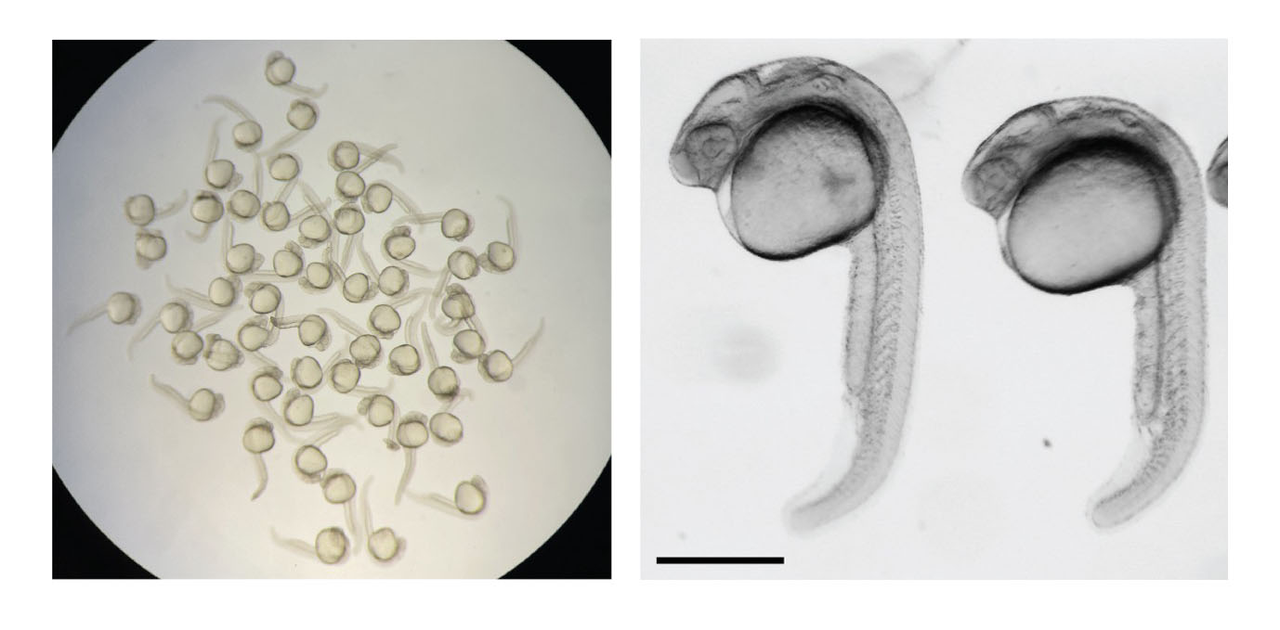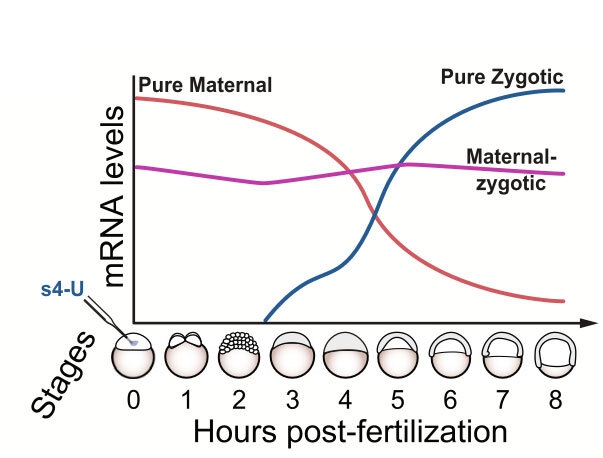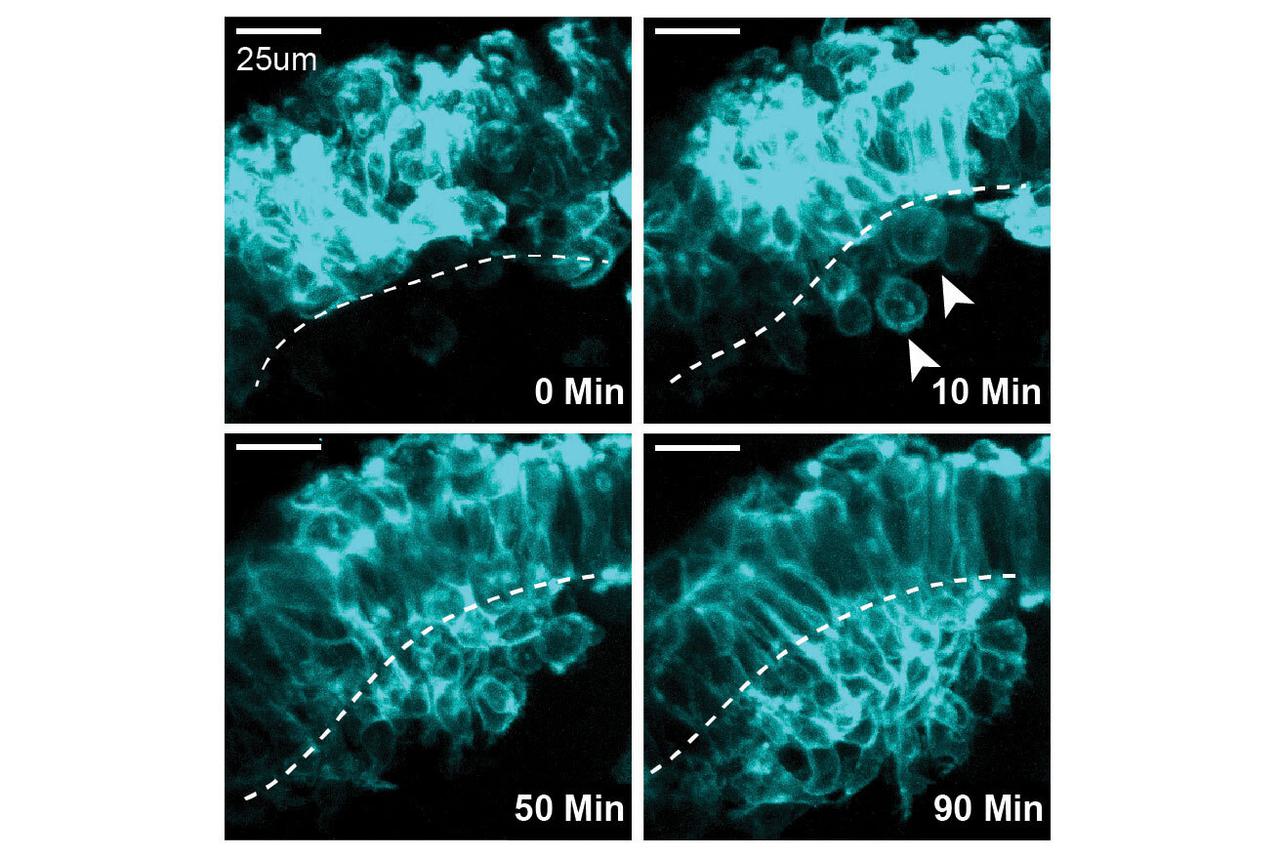MicroRNAs are very small RNA molecules that generally help a cell control the kinds and amounts of proteins it needs. They do not encode proteins. Instead, they act as tiny probes that instruct the degradation and silencing of protein encoding RNAs (mRNAs) by binding to target sequences within the mRNA. MicroRNAs essentially act like genetic scissors, altering or destroying their targets similar to how CRISPR technology works.
“We knew that microRNAs are actively degrading maternal mRNAs but wanted to assess the extent to which these also degrade new mRNA made by the zygote,” said Baia Amaral. The advent of an RNA sequencing technique called SLAM-seq, which adds a molecular label to newly made RNA, enabled the team to differentiate between the maternal RNA and new zygotic RNA.
“Beyond eliminating maternally inherited mRNA, our findings suggest that microRNAs are also fine-tuning the expression of messages made by the embryo,” said Baia Amaral.
Since microRNAs are regulating both inherited and freshly made mRNA, and because the same processes occurring in zebrafish embryos are at play in many other species including humans, this research is giving rise to new questions.
“Our results show that the embryo is making new copies of the maternally provided RNAs it is actively degrading, leading us to ponder why the embryo is creating new things it is trying to get rid of,” said Baia Amaral. “In addition, microRNAs are implicated in many human conditions, causing us to wonder if the same phenomena we are observing in development may also be at play in disease.”
Additional authors include Rhonda Egidy and Anoja Perera.
This research was supported by the National Institutes of Health (NIH) (awards: R01GM13849, R21OD034161) and institutional support from the Stowers Institute for Medical Research. The content is solely the responsibility of the authors and does not necessarily represent the official views of the NIH.



